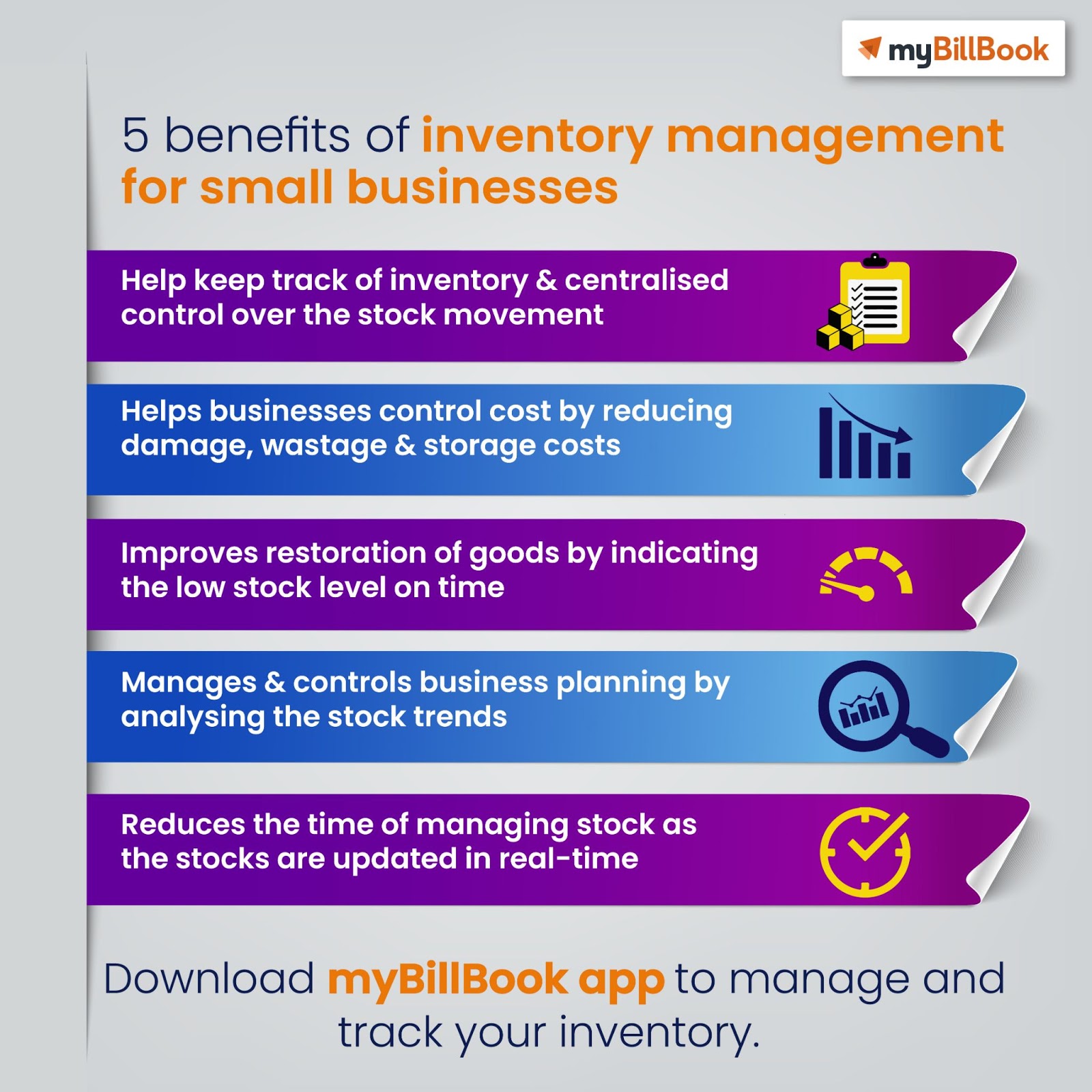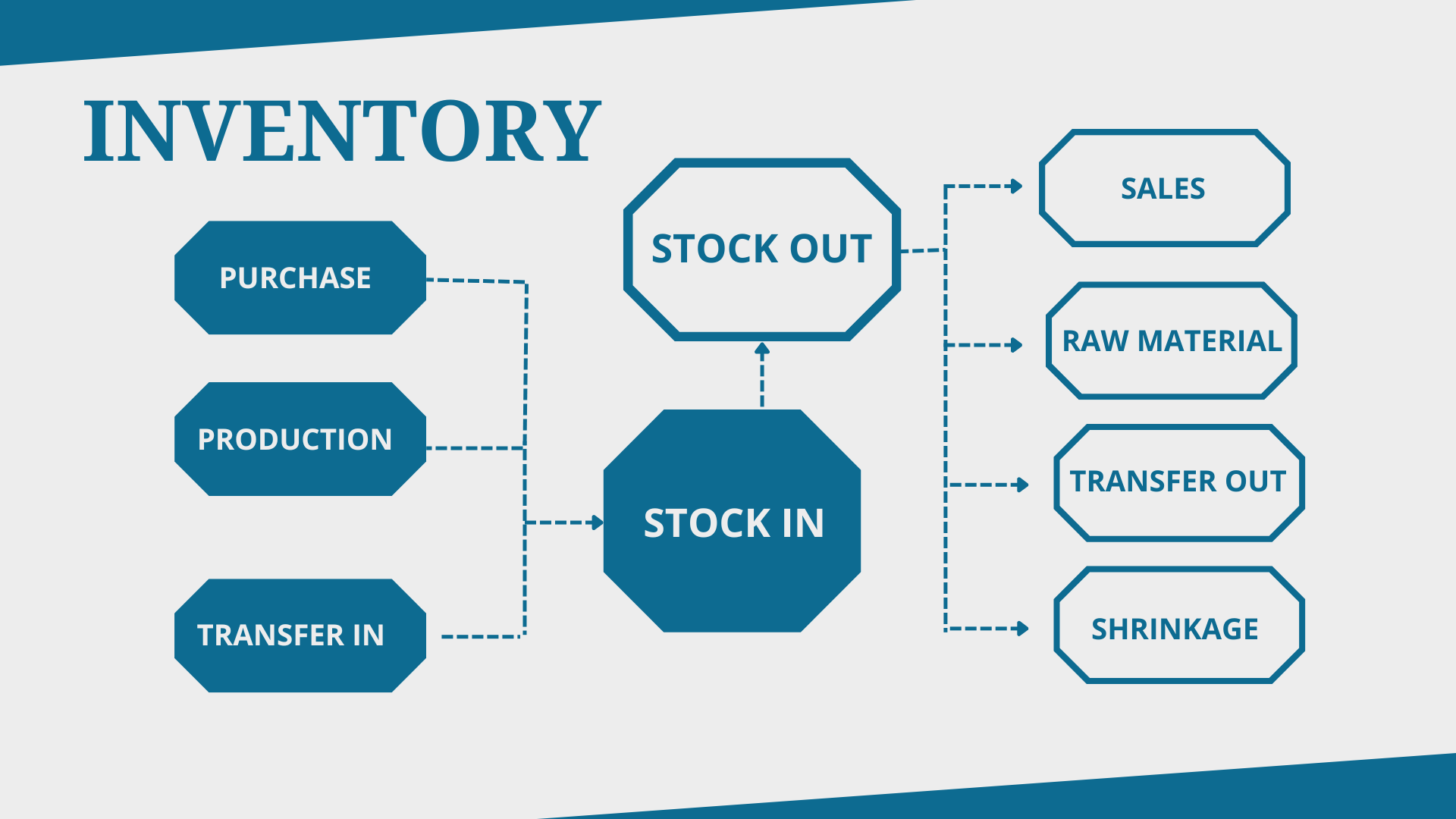4 important roles of inventory to a business – In the realm of business, inventory plays a pivotal role, fulfilling diverse functions that contribute to operational efficiency, customer satisfaction, and financial stability. This comprehensive exploration delves into the four critical roles of inventory, shedding light on its indispensable contributions to business success.
From ensuring seamless sales fulfillment to optimizing production schedules, enhancing customer service, and influencing financial performance, inventory serves as a cornerstone of effective business operations. By understanding these roles, businesses can leverage inventory management strategies to maximize their potential and achieve sustainable growth.
Inventory for Sales Fulfillment
Inventory is the lifeblood of any business that sells physical products. It enables businesses to meet customer orders and generate revenue. Without adequate inventory, businesses risk losing sales and disappointing customers.
Some businesses rely heavily on inventory for sales fulfillment. For example, retailers such as Walmart and Amazon maintain vast inventories to ensure that they can meet the needs of their customers. Other businesses, such as manufacturers, also rely on inventory to fulfill orders.
Manufacturers need to have the raw materials and components necessary to produce their products.
Impact of Inventory Levels on Order Fulfillment Efficiency
The level of inventory a business maintains can have a significant impact on order fulfillment efficiency. Too little inventory can lead to stockouts, which can result in lost sales and unhappy customers. Too much inventory can tie up cash and lead to storage and handling costs.
Businesses need to find the right balance of inventory levels to meet customer demand without overstocking. This can be a challenge, but it is essential for businesses that want to succeed in today’s competitive market.
Inventory for Production Planning: 4 Important Roles Of Inventory To A Business

Inventory plays a pivotal role in ensuring the smooth and efficient execution of production processes within various industries. By maintaining adequate levels of raw materials, components, and finished goods, businesses can effectively plan and execute their production schedules, minimizing disruptions and maximizing productivity.
Industries Reliant on Inventory for Production Planning, 4 important roles of inventory to a business
Inventory is particularly crucial for industries that require a continuous supply of materials for production, such as:
- Manufacturing: Inventory of raw materials, components, and finished goods is essential for maintaining uninterrupted production lines and meeting customer demand.
- Construction: Inventory of building materials, equipment, and tools is necessary to ensure timely project completion and prevent delays due to material shortages.
- Retail: Inventory of products is vital for meeting customer demand, preventing stockouts, and optimizing sales opportunities.
Inventory Management Techniques for Production Planning
To optimize production schedules and minimize inventory costs, businesses employ various inventory management techniques, including:
- Just-in-Time (JIT) Inventory:A strategy that aims to minimize inventory levels by receiving materials only when needed for production, reducing storage costs and waste.
- Material Requirements Planning (MRP):A system that calculates the materials and components required for production, based on the master production schedule, to ensure timely availability.
- Economic Order Quantity (EOQ):A formula used to determine the optimal quantity of inventory to order at a time, considering factors such as demand, inventory carrying costs, and ordering costs.
Inventory for Customer Service

Inventory plays a vital role in enhancing customer satisfaction by ensuring the availability of products and services to meet customer needs.
Businesses that use inventory to improve customer service include:
- Retail stores maintain inventory to ensure that customers can find the products they need when they need them.
- Manufacturers keep inventory of raw materials and finished goods to meet production demands and avoid stockouts.
- Service providers, such as repair shops, stock inventory of parts and supplies to quickly address customer requests.
Impact of Inventory Availability on Customer Loyalty
Inventory availability has a significant impact on customer loyalty. When customers can consistently find the products or services they need, they are more likely to return and make repeat purchases. Conversely, stockouts can lead to customer dissatisfaction and loss of business.
Inventory for Financial Management

Inventory is a critical asset for any business, and its management can have a significant impact on financial performance. Inventory levels affect a company’s cash flow, profitability, and overall financial health.Effective inventory management can help businesses improve their profitability by reducing carrying costs, optimizing production schedules, and minimizing the risk of stockouts.
Conversely, poor inventory management can lead to lost sales, increased costs, and reduced profitability.
Inventory Valuation Methods
One of the most important aspects of inventory management is determining the value of inventory for financial reporting purposes. There are several different inventory valuation methods that can be used, each with its own implications for financial reporting.The most common inventory valuation methods include:
- First-in, first-out (FIFO): This method assumes that the oldest inventory is sold first. As a result, the cost of goods sold is based on the cost of the oldest inventory on hand.
- Last-in, first-out (LIFO): This method assumes that the most recent inventory is sold first. As a result, the cost of goods sold is based on the cost of the most recent inventory on hand.
- Weighted average cost: This method calculates the average cost of inventory on hand by dividing the total cost of inventory by the total number of units on hand.
The choice of inventory valuation method can have a significant impact on a company’s financial statements. For example, FIFO can result in higher reported profits during periods of rising prices, while LIFO can result in lower reported profits during periods of rising prices.
Concluding Remarks
In conclusion, inventory plays a multifaceted role in business operations, impacting various aspects from sales and production to customer service and financial management. Effective inventory management enables businesses to meet customer demand efficiently, optimize production processes, enhance customer satisfaction, and maintain financial stability.
By recognizing the significance of inventory and implementing sound management practices, businesses can unlock its full potential and drive their operations towards success.
Detailed FAQs
What are the key benefits of inventory management?
Inventory management optimizes stock levels, reduces carrying costs, improves customer satisfaction, enhances production efficiency, and provides valuable insights for financial planning.
How can inventory management impact sales fulfillment?
Effective inventory management ensures the availability of products to meet customer orders promptly, reducing order fulfillment times and enhancing customer satisfaction.
What role does inventory play in production planning?
Inventory management helps businesses plan production schedules by providing visibility into stock levels, enabling them to avoid production delays and optimize resource allocation.
How does inventory affect customer service?
Adequate inventory levels contribute to improved customer service by ensuring product availability, reducing backorders, and facilitating prompt order fulfillment.
What are the financial implications of inventory management?
Inventory management influences financial performance by impacting cash flow, profitability, and asset valuation. Effective management can optimize inventory levels, reduce carrying costs, and improve financial efficiency.
